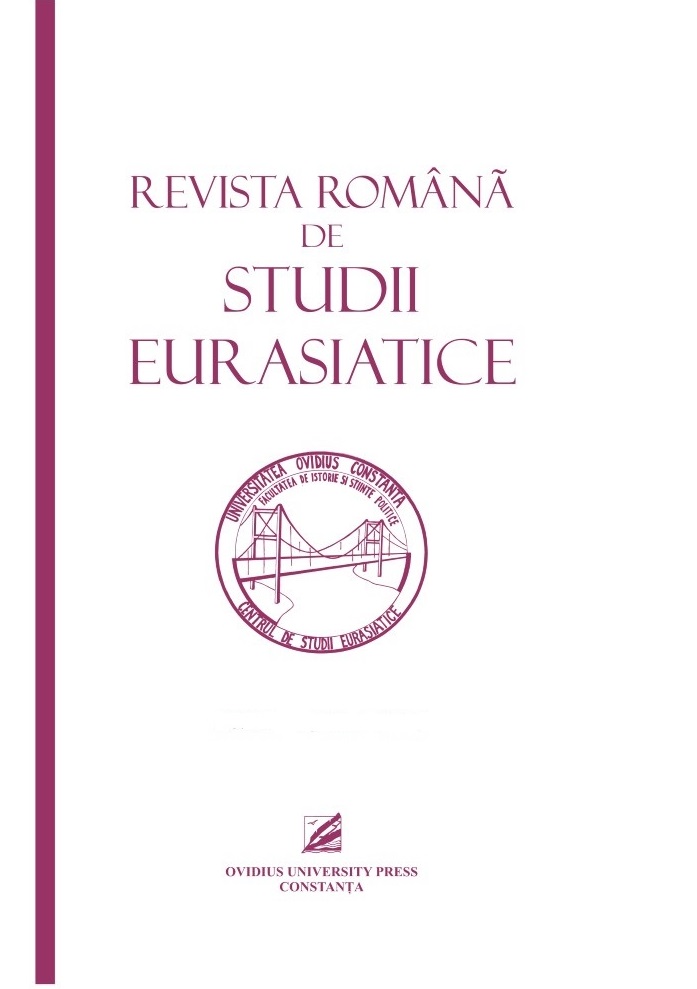HISTORY IS NOT AN „OPINION”. COLLECTIVE MEMORY AND IDEOLOGICAL FRAGMENTATION IN EUROPE
HISTORY IS NOT AN „OPINION”. COLLECTIVE MEMORY AND IDEOLOGICAL FRAGMENTATION IN EUROPE
Author(s): Alexandru Ionuţ Drăgulin, Mihaela CiobanuSubject(s): History of ideas, Political history, Interwar Period (1920 - 1939), Post-War period (1950 - 1989), Present Times (2010 - today)
Published by: Ovidius University Press
Keywords: historical memory; resurgence of radicalism; political heterogeneity; communism; Nazism;
Summary/Abstract: The collective memory on the twentieth century totalitarianisms is still a topic that divides Europe, both the elites and society taking part in this controversy whose consequences are reflected in the long-term projections on the democratic model. The ascent of political radicalism in recent years has given rise to positions taken by traditional parties (both left and right), which call on the historical memory to condemn these trends. The adoption by the European Parliament of the „Resolution on the importance of European remembrance for the future of Europe”, at 80 years since the signing of the Ribbentrop-Molotov Pact, provides us the opportunity for a study on the different perceptions by the Member States of the European Union, on the recent historical past. The main research question is the following: is the European approach to the history of the 20th century objective or equitable, or - on the contrary - is the result of a forced, unilateral condemnation of the past, without taking into account the details and subtleties that can bring a real release from the burden of this past? This article attempts to answer these questions by analysing the most visible and important aspects of the collective historical memory, expressed at European level.
Journal: Revista Română de Studii Eurasiatice
- Issue Year: 15/2019
- Issue No: 1-2
- Page Range: 171-192
- Page Count: 22
- Language: English

